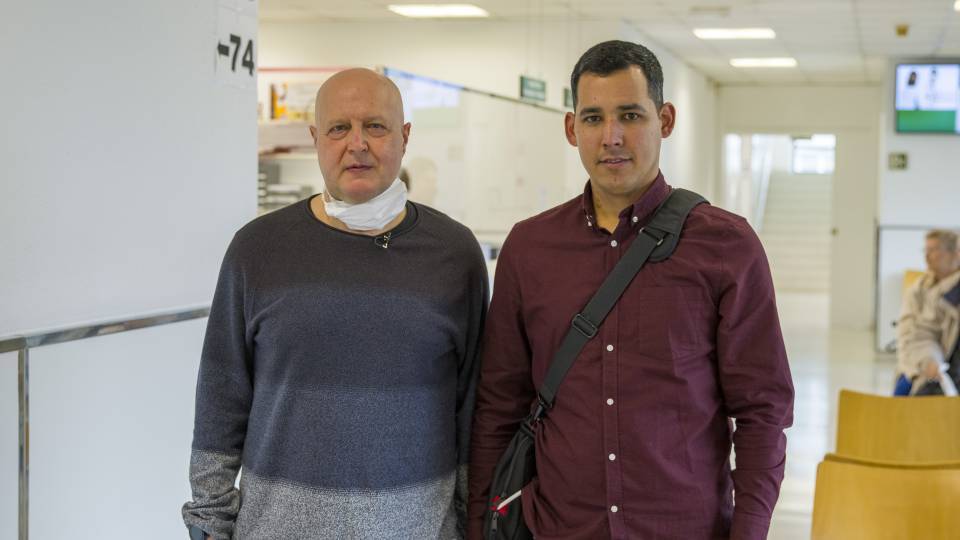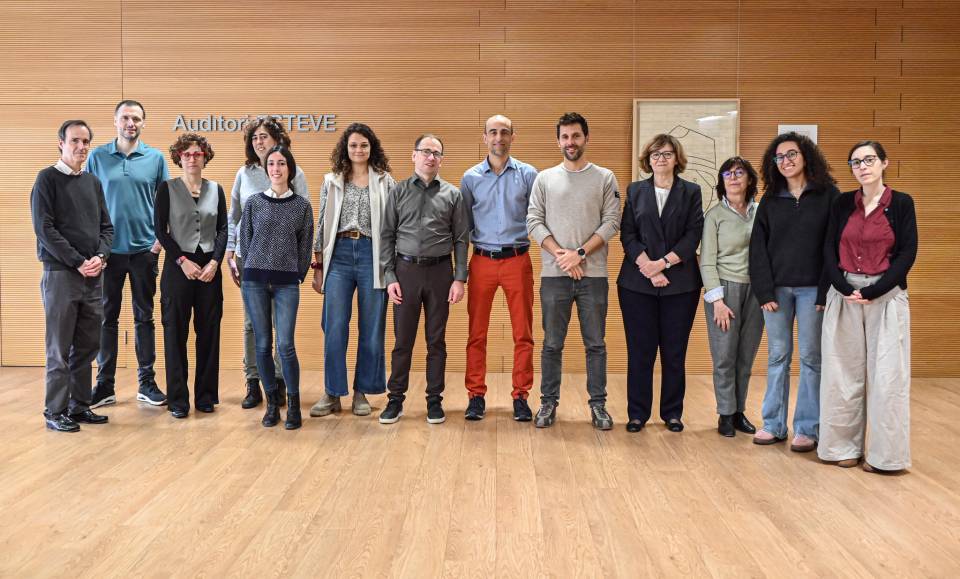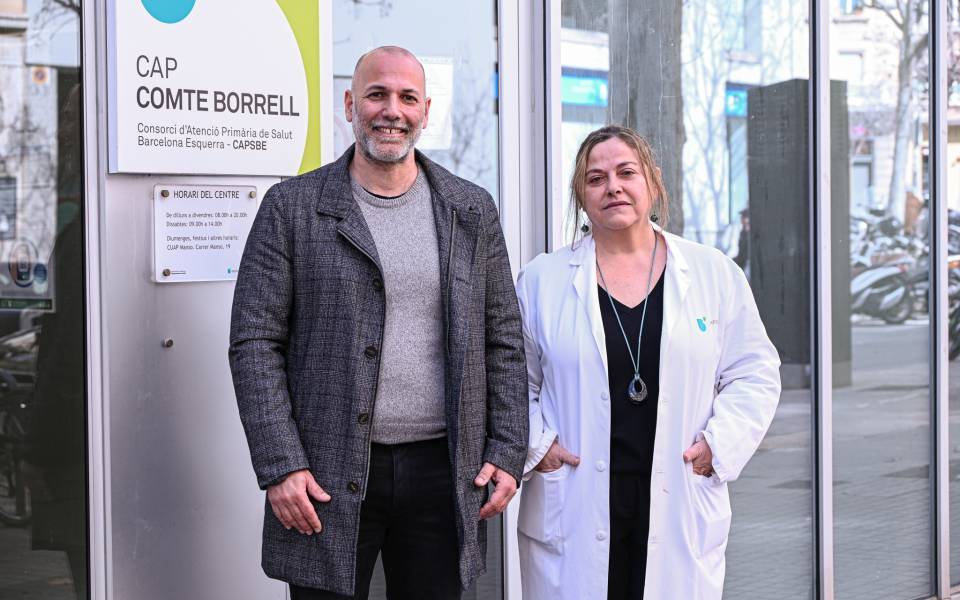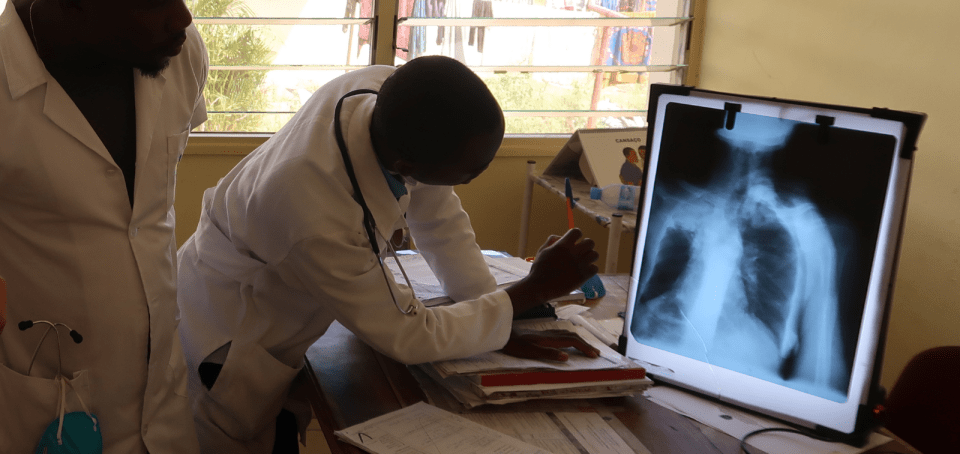News
- Jan (21)
- Feb (19)
- Mar (23)
- Apr (22)
- May (22)
- Jun (20)
- Jul (27)
- Aug (10)
- Sep (24)
- Oct (24)
- Nov (34)
- Dec (20)
- Jan (24)
- Feb (27)
- Mar (15)
- Apr (23)
- May (34)
- Jun (28)
- Jul (26)
- Aug (11)
- Sep (19)
- Oct (20)
- Nov (28)
- Dec (14)
- Jan (14)
- Feb (22)
- Mar (21)
- Apr (12)
- May (20)
- Jun (23)
- Jul (20)
- Aug (5)
- Sep (19)
- Oct (19)
- Nov (26)
- Dec (15)
- Jan (4)
- Feb (18)
- Mar (13)
- Apr (15)
- May (19)
- Jun (22)
- Jul (18)
- Aug (9)
- Sep (11)
- Oct (25)
- Nov (19)
- Dec (15)
- Jan (12)
- Feb (6)
- Mar (13)
- Apr (5)
- May (7)
- Jun (15)
- Jul (11)
- Aug (3)
- Sep (5)
- Oct (8)
- Nov (15)
- Dec (13)
Featured news
Latest news
IDIBAPS leads a new European project to optimize radiotherapy and protect healthy tissues
Two out of three high-risk patients do not reach recommended cholesterol levels: women and elderly patients suffer the most from undertreatment
Between batteries and hope: living with an artificial heart
Molecular Stool Test Could Improve Detection of Tuberculosis in Adults with HIV
Announced: the fifteen shortlisted images in the IDIBAPS 2025 Scientific Photography Competition
Public voting for the Seventh Scientific Photography Competition ended on Monday, March 31. Now a jury will choose the winning images.
New evidence emerges on the molecular mechanisms that explain responses to immunotherapy in liver cancer
The Journal of Hepatology has published a study led by Josep M Llovet’s team at IDIBAPS-Hospital Clínic identifying the molecular characteristics ass1
Hospital Clínic-IDIBAPS, pioneer in CAR T-cell therapies for cancer with over 500 patients treated
Hospital Clínic-IDIBAPS is the only hospital in Europe to have fully developed two academic CAR T-cell therapies that have been approved by a regulat1
CERCA recognises the excellence of IDIBAPS and awards it the highest grade in the latest assessment
The assessment committee, made up of national and international experts, highlights the progress made by the institution over the last four years and1
Subtle cognitive deficits identified in preclinical stages of Alzheimer’s that could improve early diagnosis and treatment
The treatments available for Alzheimer’s disease are most effective in the early stages, when it is still asymptomatic. That is why an early diagnosi1




